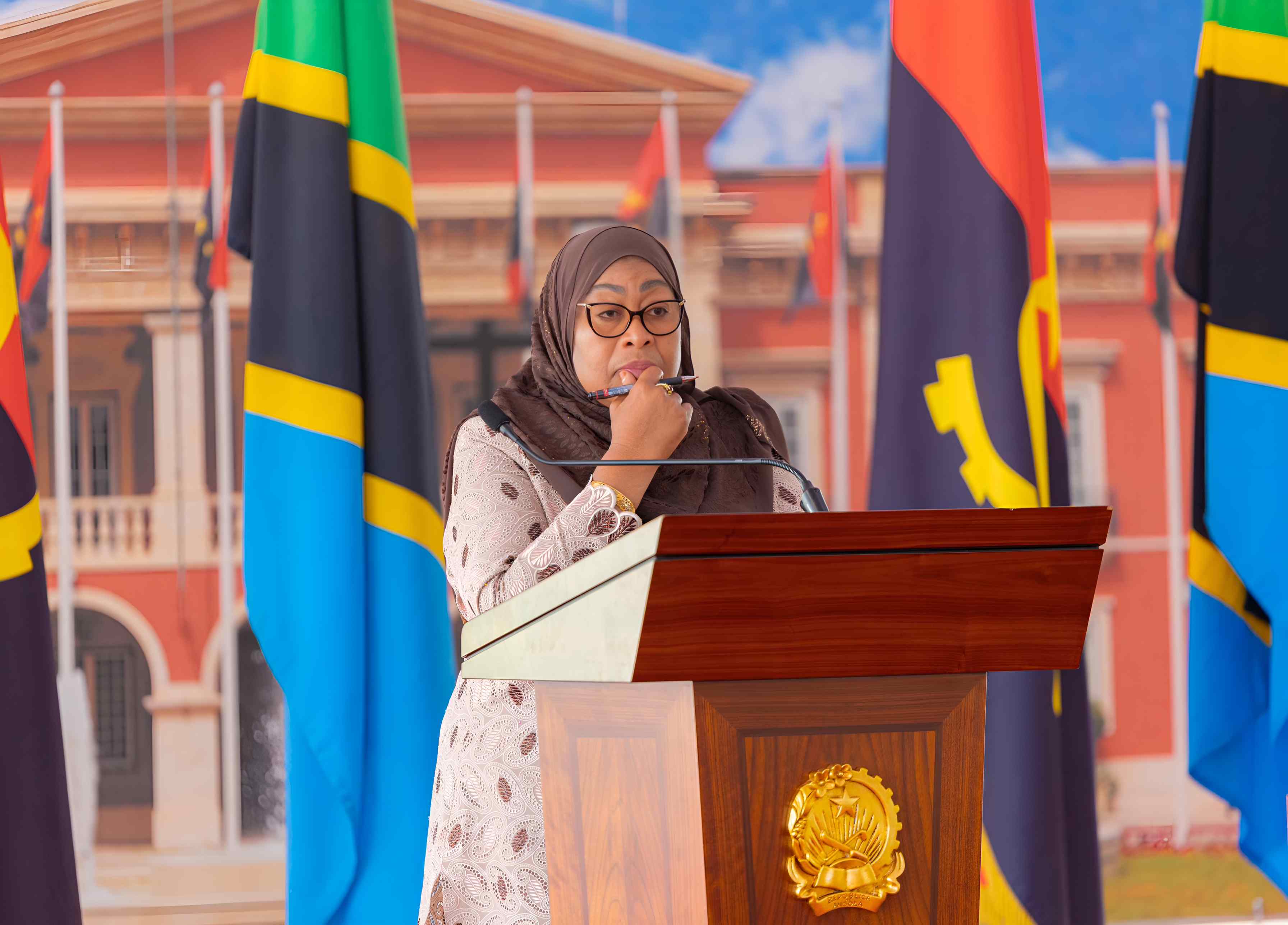Tanzania is on the cusp of a historic political moment as preparations for the 2025 presidential election gather pace.
With just weeks to go before official campaigns kick off, the National Electoral Commission (NEC) has assured citizens that it is putting in place all necessary measures to ensure a free, fair, and transparent vote.
"Voter registration, ballot printing, and polling logistics are nearing completion, with emphasis placed on inclusivity and voter education," notes the Commission.
It further explained that it has also invited international observers, signaling its commitment to transparency.
The spotlight is firmly on Chama Cha Mapinduzi (CCM), the country’s long-standing ruling party.
Speculation continues to mount that President Samia Suluhu Hassan may seek a fresh mandate.
Since taking office in 2021 following the sudden death of John Magufuli, Suluhu has positioned herself as a reformist leader, softening Tanzania’s international image and reopening dialogue with opposition parties. Her administration has pushed for economic growth, regional diplomacy, and investments in infrastructure.
"If President Samia Suluhu runs, she will campaign on stability, continuity, and her record of reforms," declared Tanzania's political analysts.
The opposition, led by CHADEMA and ACT-Wazalendo, is preparing to mount a spirited challenge. Tundu Lissu of CHADEMA, who has previously contested for the presidency, remains one of the most recognizable figures in the opposition.
Lissu has been vocal about governance reforms, human rights, and tackling corruption. His campaign is likely to focus on strengthening democratic institutions and expanding freedoms.
Zitto Kabwe, the leader of ACT-Wazalendo, is another prominent name expected to feature prominently. Known for his economic expertise and youth appeal, Kabwe is campaigning on a platform of economic justice, job creation, and accountability. His party has been making steady inroads in Zanzibar and on the mainland, positioning itself as a viable third force.
This October election is expected to revolve around pressing socio-economic issues that resonate deeply with Tanzanians.
Youth unemployment, corruption, healthcare, and education will likely dominate the campaigns. With over 60% of Tanzania’s population under the age of 25, political parties are tailoring their manifestos to attract first-time voters.
The economy is also a focal point. While Tanzania has posted steady growth, citizens continue to grapple with high living costs and limited opportunities in rural areas.
Candidates will be tasked with outlining concrete strategies to balance growth with inclusivity.
The NEC has pledged to deliver credible elections, but concerns remain about political freedoms, equal media access, and potential disputes. International partners, including the African Union and East African Community, are expected to send observers to monitor the process.
Political analysts say the election could mark a turning point for Tanzania’s democracy. "If conducted transparently, it may enhance the country’s reputation as a stable democracy in East Africa." However, a flawed process could deepen political tensions and undermine public confidence.

